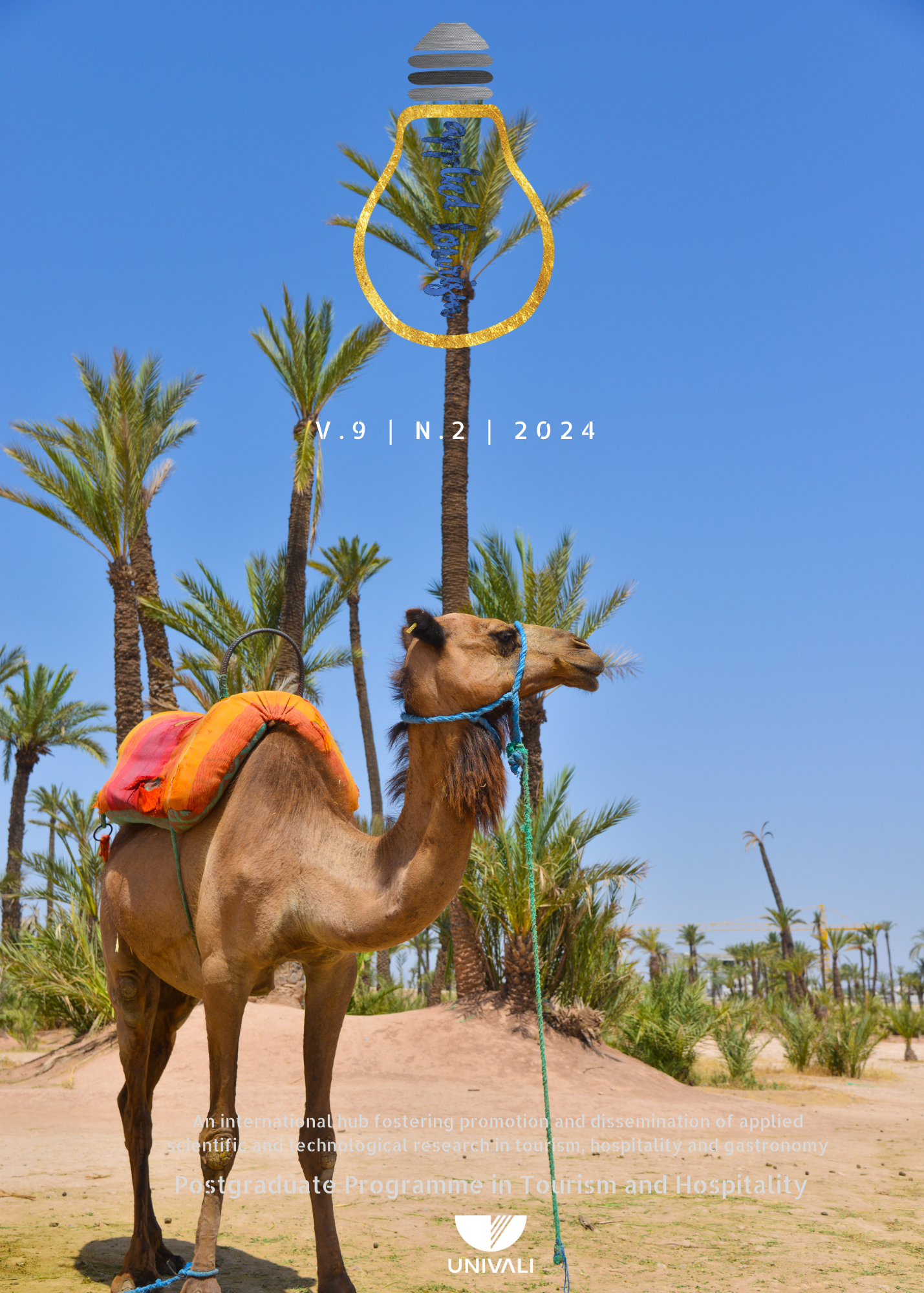

Entomophagy and entomophagy tourism are emerging trends worldwide. While new to some areas, entomophagy has long existed, benefiting farmers, local communities, and tourists. Entomophagy tourism involves visiting regions to explore insect-based foods through tasting or participating in insect harvesting and preparation. It can boost farmer income, create jobs, utilise farm resources, and preserve natural and cultural heritage when sustainably managed. This study explored the potential of entomophagy tourism in Mopani District, Limpopo Province, South Africa, examining insect consumption's cultural, ecological, and economic aspects. Quantitative research was conducted, and 360 questionnaires were received, after which exploratory statistics and factorial analysis were conducted. The contributions of this work are threefold: First, it breaks new ground in research on entomophagy tourism in South Africa, identifies a significant market interest in edible insect consumption among tourists, and enriches the academic dialogue on entomophagy by providing empirical evidence from the South African context. The goal was to offer insights and recommendations for sustainable entomophagy tourism development in Mopani District, promoting cultural preservation and economic growth.




Copyright (c) 2024 Peet van der Merwe, Bianca Mkhize-Simelane, Luiza De Sousa

Este trabalho está licenciado sob uma licença Creative Commons Attribution-ShareAlike 4.0 International License.






Uma plataforma internacional com a finalidade de promover e disseminar a pesquisa científica e tecnológica aplicada em turismo, hospitalidade e gastronomia.

